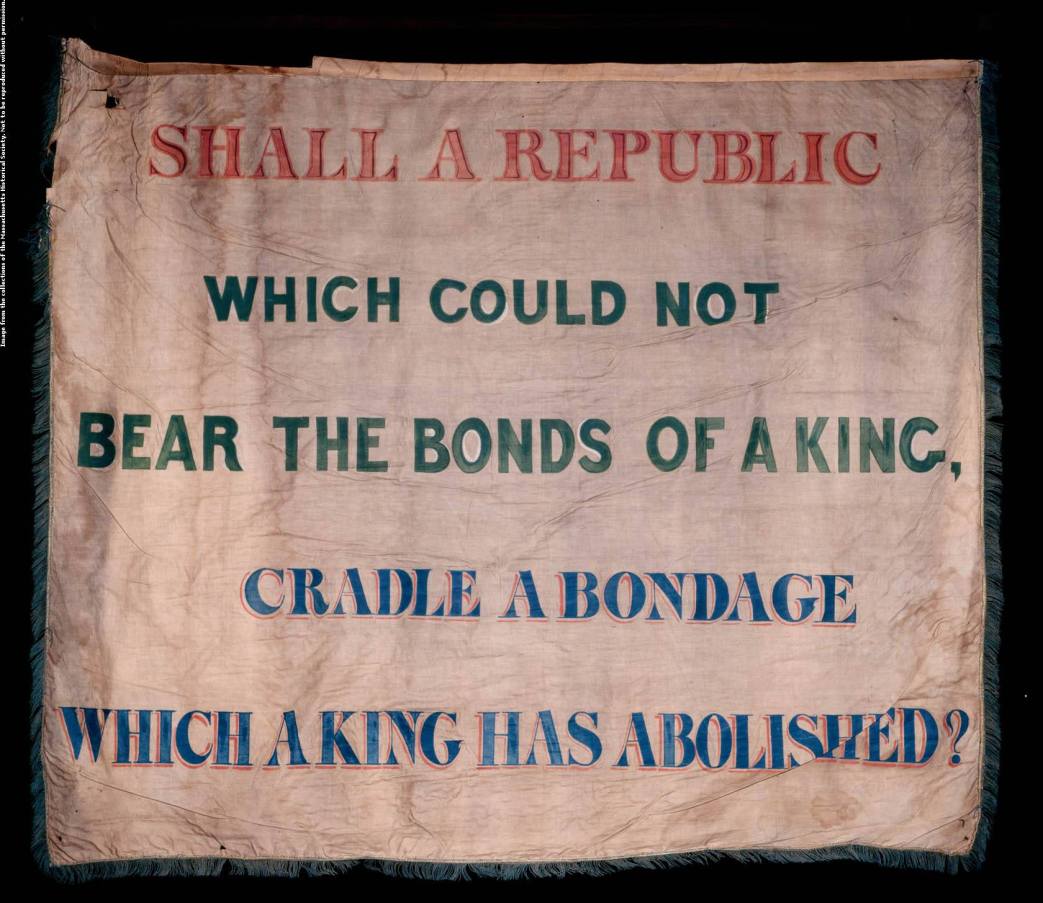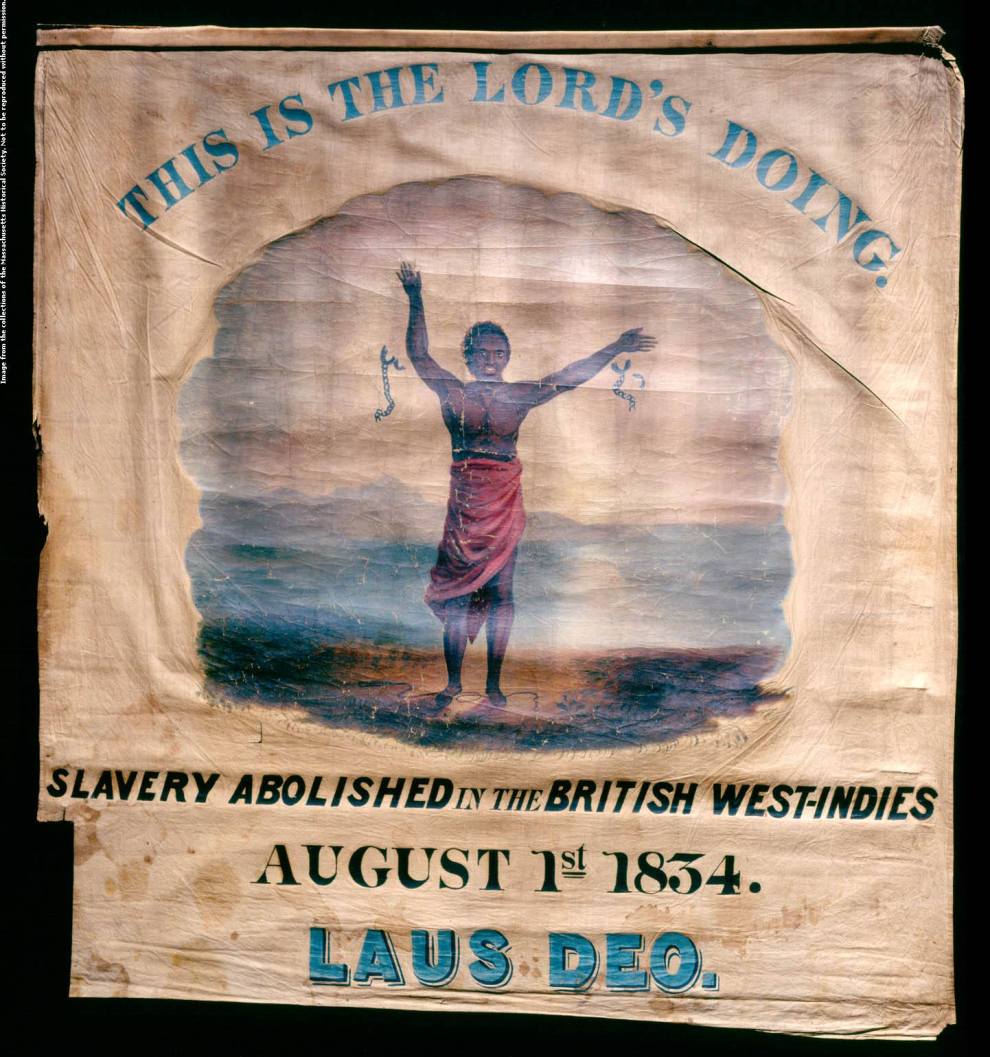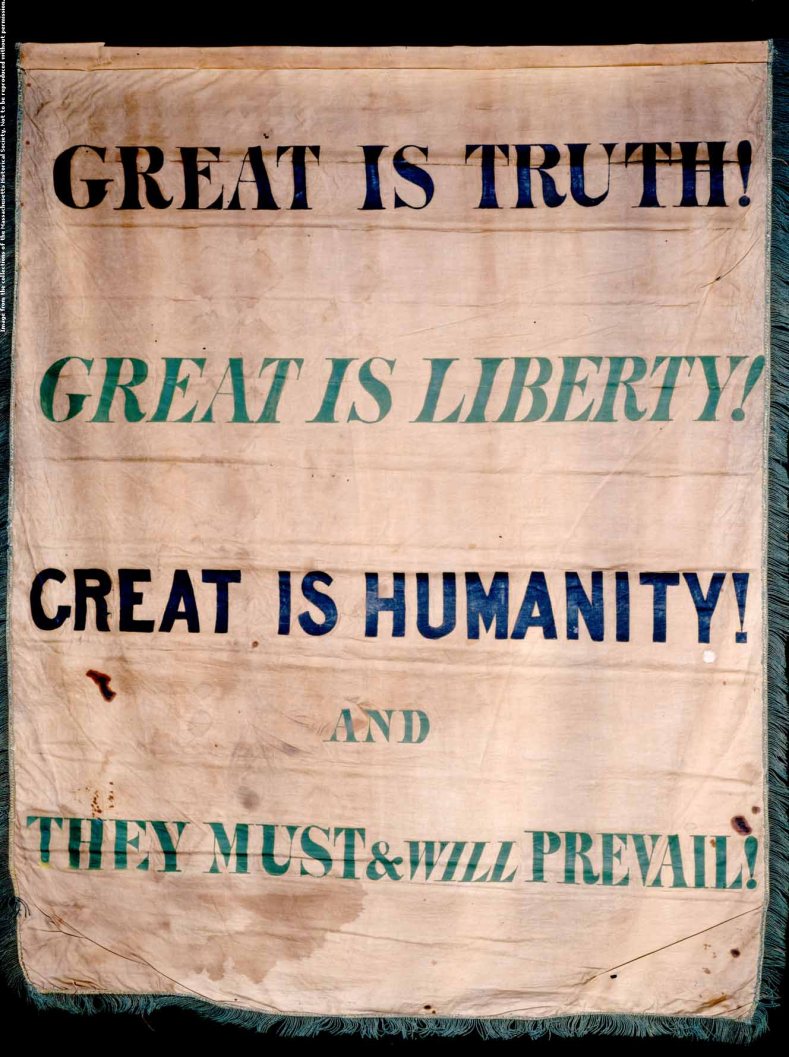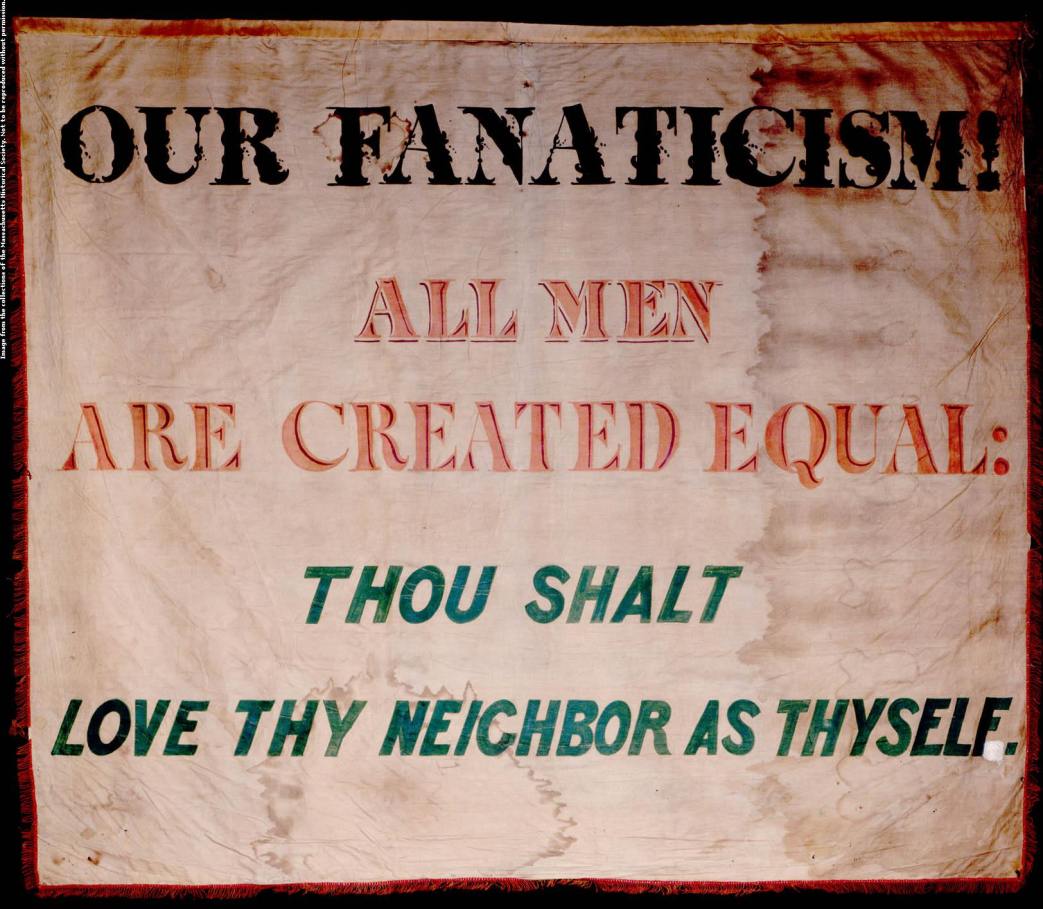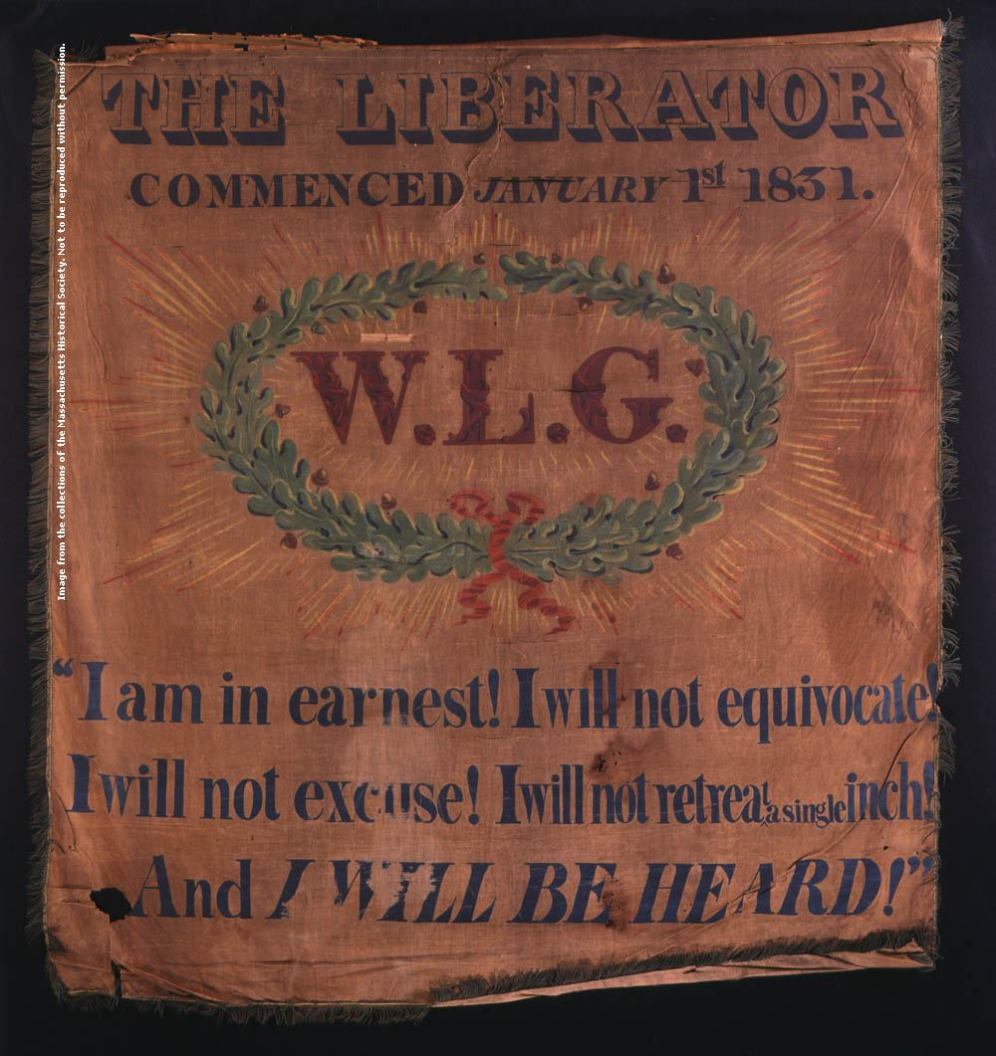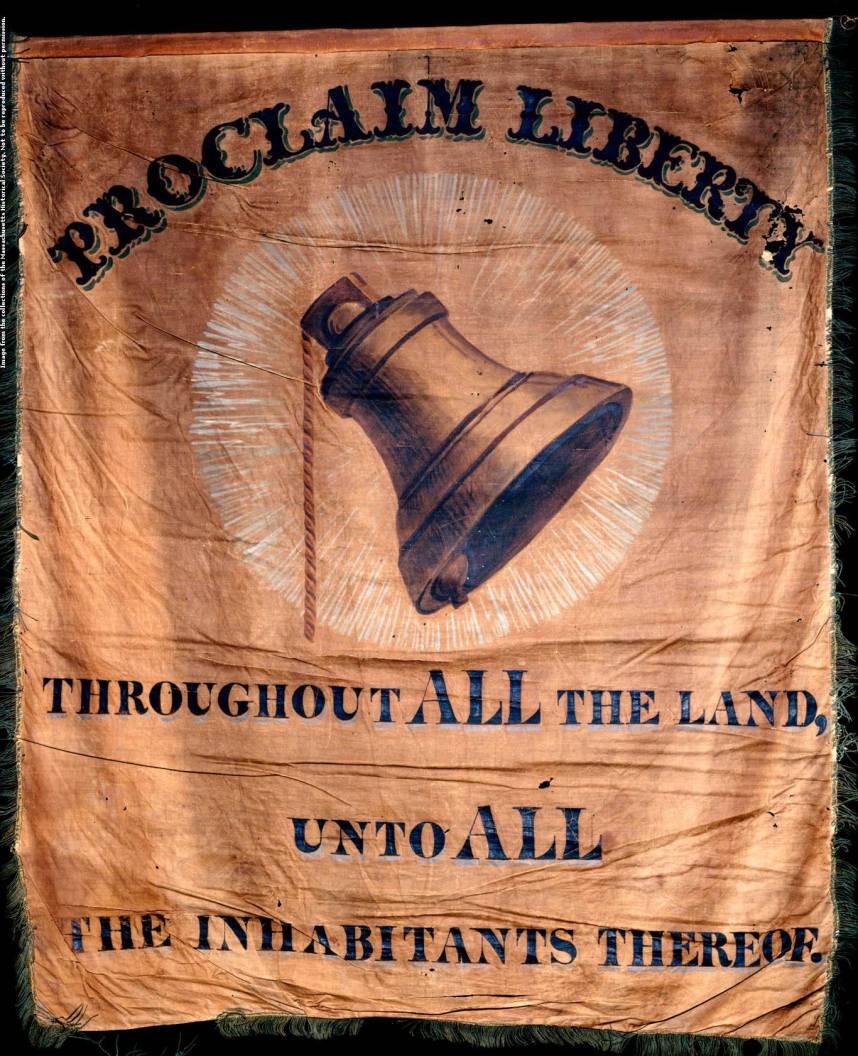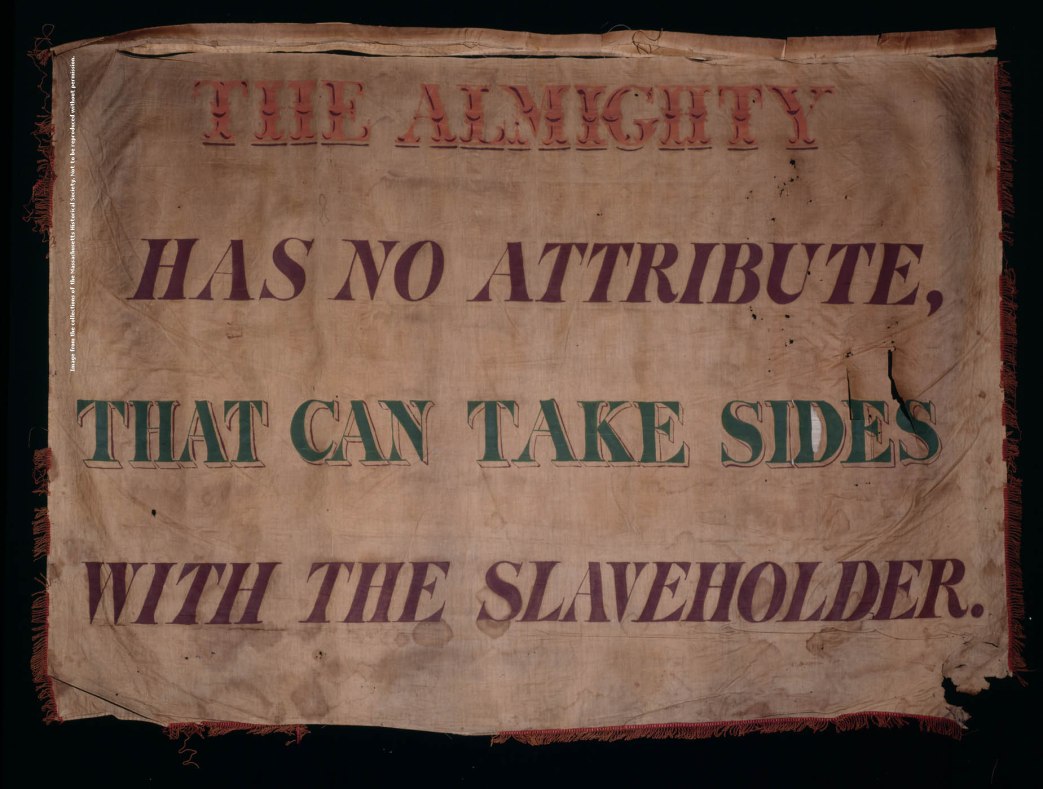
‘Our Revolutionary Calendar: Juneteenth and August 1st. One a Celebration, the Other a Challenge’ by Revolution’s Newsstand.
Juneteenth, as a national holiday, or indeed as an event observed outside Texas and Louisiana, is an incredibly recent phenomenon. Though an important and profound commemoration locally for generations; nationally it began to be celebrated only under Clinton, later to be given great boost under Obama, and then fawningly embraced by white liberals in the aftermath of Black Live Matter. The reason is clear, Juneteenth is a celebration of the end of slavery, proclaimed by a white officer to the enslaved, ‘ignorant’ of their own freedom. And in Texas of all places. A recently accredited, honest-to-goodness, giant stride toward that mythical ‘More Perfect Union,’ our liberals live to imagine.
Given the last 150 years of debt-slavery, convict slavery, Klan, mob and police terror, peonage, disfranchisement, share cropping, Jim Crow, Nazi-like medical experiments, COINTELPRO, and mass incarceration–I suggest celebrating Juneteenth should come with an asterisk.
Why not a national day to celebrate the struggle against the slave-holder’s republic, which before the Civil War was…the United States of America. Why not celebrate August 21st as Nat Turner Day? To ask is to answer.
Decades before the Civil War began, abolitionists in the U.S. (and elsewhere) celebrated August 1st, Emancipation Day, when the British Empire (also with many caveats) ended slavery in 1834. While Emancipation Day’s observation in Britain may have resembled the politics of today’s Juneteenth in the United States, the commemorations in the U.S. were of a vastly different tone and character. First and foremost, it was a day of protest.
The Emancipation Act meant Canada was ‘free’, and gave the ‘Underground Railroad’ and the militant movement surrounding it, a huge boost, especially after 1850’s Fugitive Slave Act, by providing a place of relative refuge and safe organizing, helping to practically undermine slavery. The Act also was used as a moral and political cudgel by U.S. abolitionist to shame a slave-holding republic in face of a ‘free’ monarchy. And finally, August 1st’s Emancipation Day connected the struggle for liberation in the U.S. intimately with the struggle of the entire African diaspora, particularly in the Caribbean, reinforcing the international character of the fight for Black freedom, and the growing internationalism of its partisans.
Here are the personal banners of William Lloyd Garrison, foremost white Abolitionist of the 19th century and editor of the venerable Liberator newspaper, flown at innumerable anti-slavery events before the Civil War. Notice their challenge.
